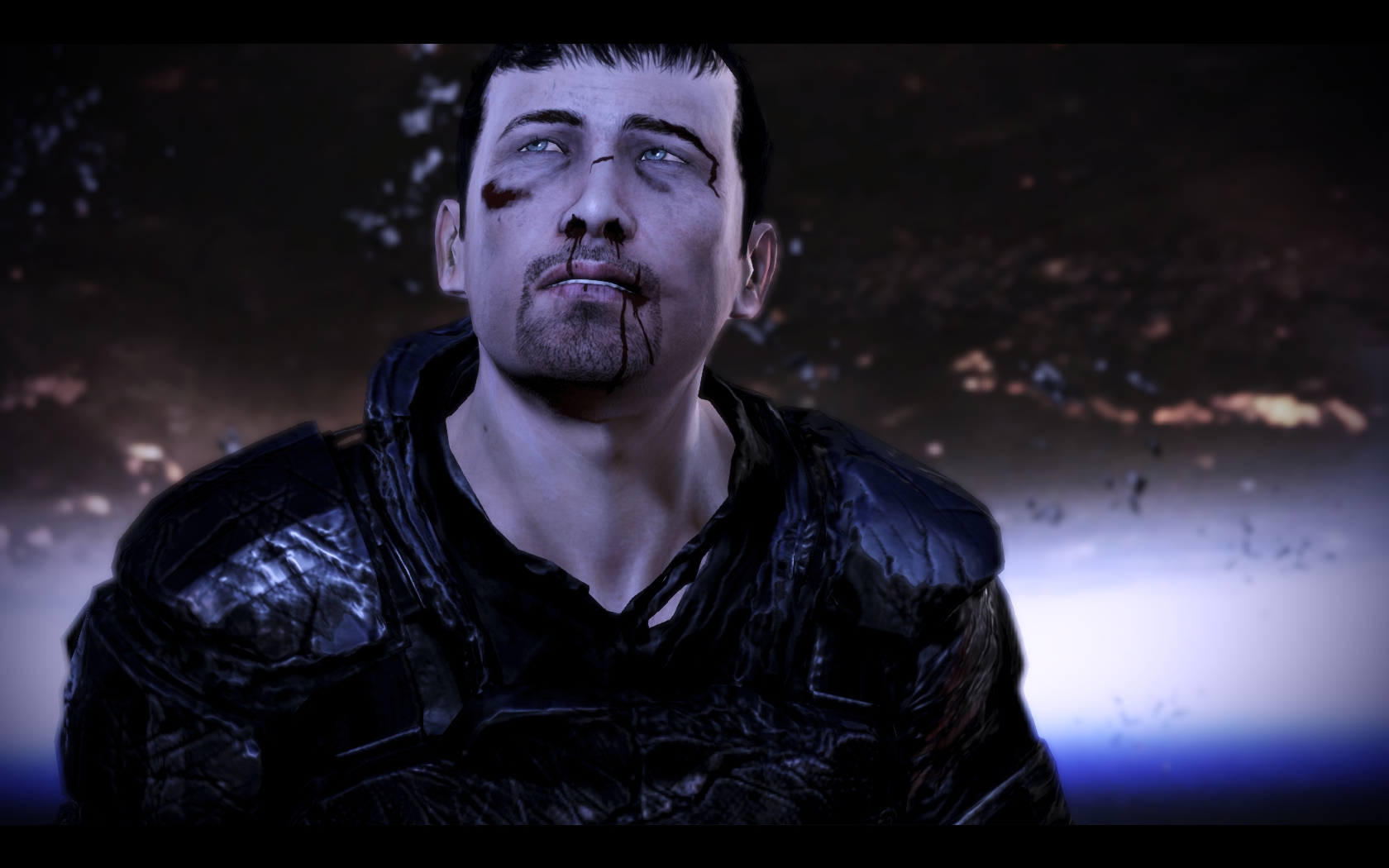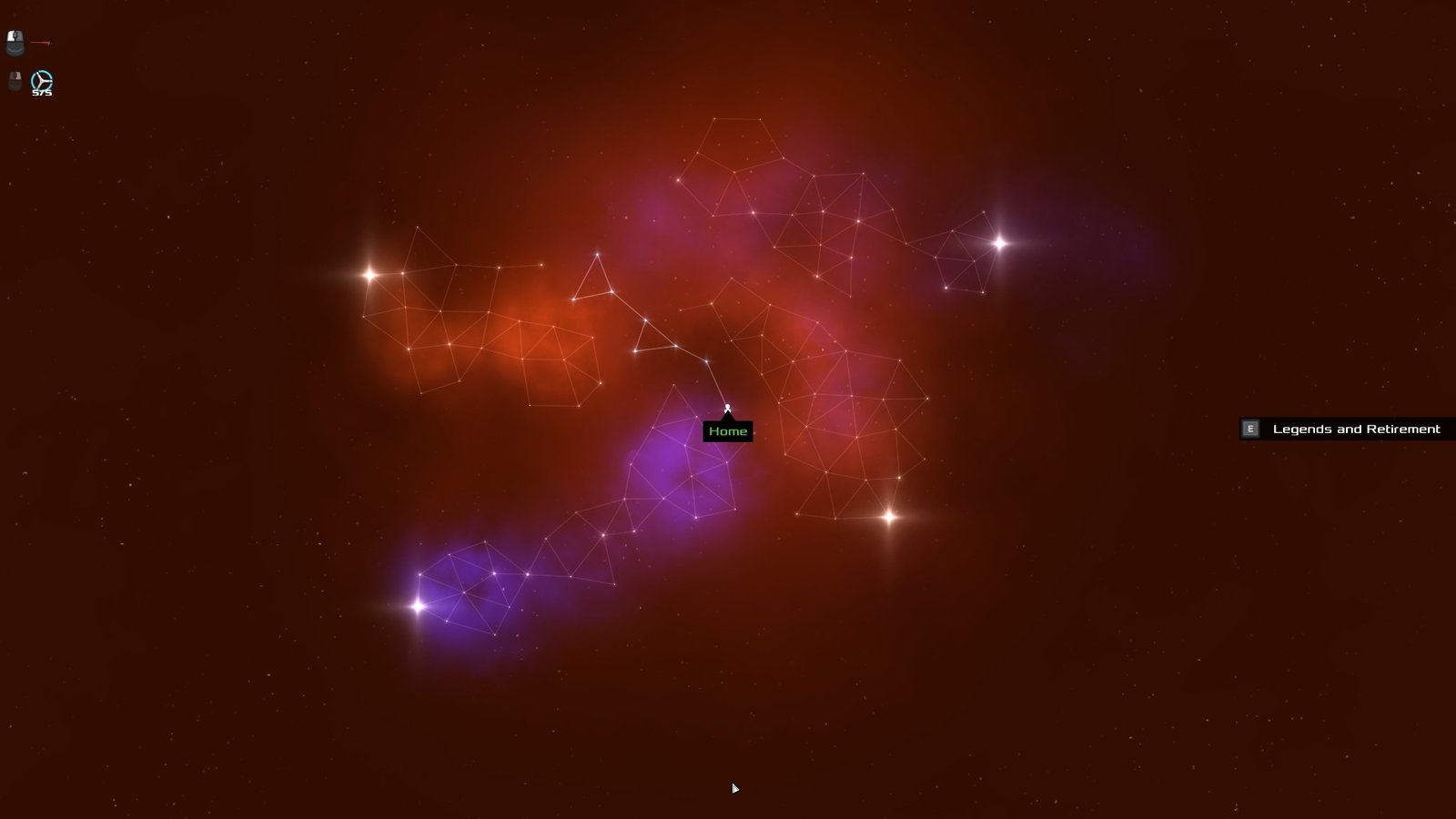The wind cuts into my face, the only skin still exposed to the elements. Ice crunches underfoot as I approach the ruined city of Saarthal where my fellow students await my arrival–no, wait, I’m not going to do this. There are already enough blogs publishing fan-fic based on adventures in The Elders Scrolls V: Skyrim to fill a book, or several, and that’s not something I feel a particular need to contribute to, though it is testament to the immediate pull of a game that’s only been out a couple of weeks.
I may not be willing to write down my activities but that hasn’t stopped me from imposing anecdotes on anybody near enough to hear them. “I just saw a headless horseman!” “I killed a dragon!” “I climbed a mountain!” Even Rock Paper Shotgun’s initial review largely consisted of a list of “I did this!” It’s a game that naturally invites the retelling of tales due to three core design principles:
- There is an enormous amount of content, the majority of which is entirely optional.
- The content is spread out over a large playing area, such that players may never even find some of it.
- Once particular content it ‘activated’, each player will experience it in a largely unique way due to the particular composition of their character. While the story beats might be the same, some will approach challenges with a sword, some with a bow, some with magic, some with a sneaky pickpocketing hand, such that even the same quests can have a different flavour for each player.
Skyrim isn’t the first to do this, of course. Most RPGs are made up of this general formula, including previous Elder Scrolls games. Recently we were treated to Deus Ex: Human Revolution, an action/RGP/FPS hybrid that similarly encourages storytelling by establishing a set of rules and then letting the player experiment. Minecraft is the same: it operates on a simple concept of resource trees which exponentially expands from tree->wood->fire to enormous and complex player constructions.
It isn’t just about tactics, though, otherwise you’d see this kind of social story retelling for all games. What prompts players of the likes of Skyrim and Deus Ex and Minecraft to regale others with their exploits is the sense of exploration and discovery: the possibility that you’re the only person to have had that experience. In Deus Ex this might be because you used a specific combination of skills to get from A to B which another player didn’t even consider. In Minecraft there’s the knowledge that your random seed generated world is utterly unique, with nobody else on the planet having walked the same land or explored the same caves. In Skyrim, it’s that the sheer wealth of content ensures that you will be finding and doing things that friends may never stumble across, certainly once you deviate from the main quest.
Due to a chance conversation next to an old, withered tree in the town of Whiterun I later found myself in a stunning underground oasis, almost entirely hidden in an otherwise inhospitable geothermal plateau. Many players will never have that conversation, so may not find their way to the oasis. Some may stumble across the oasis entirely by chance, finding the same place but having an entirely different experience due to a lack of context.
Rather than feeling a need to see everything and explore every path, I find myself embracing the fact that I can’t possibly ever see and experience everything Skyrim has to offer. Similar to playing Minecraft, I may never know what is the other side of that mountain. But the knowledge that there is something there, even if I never see it myself, is what grants the world verisimilitude. It’s what separates these games from those which have defined, linear levels in which artificial walls, locked doors and fences box you in. Uncharted 2 might create the illusion that you’re fighting through a war-torn town, but you know that if you could somehow get past that locked door that you’d find nothing: the level only exists where the creators want you to go.
It’s not a criticism of Uncharted, of course, because it’s a game aiming to achieve something altogether different. But it is the unique factor that makes sandbox games so alluring: the possibility of what is over that next hill.
The last time I encountered a game that embraced this concept so effectively was with Morrowind, a game Bethesda made many years ago before pumping out the dreary Oblivion and Fallout 3. Skyrim marks a return to form and an understanding of what made Morrowind great that I never thought Bethesda would achieve. They even seem to have hired some writers and animators this time around – even if they still have a way to go in the voice acting department.
It took over a decade for a developer to recapture the magic of the original Deus Ex and almost the same amount of time for Bethesda to rekindle the magic they created in Morrowind. While Modern Warfare will continue to rake in absurd amounts of cash, the relative success of the likes of Human Revolution, Skyrim, Witcher 2 and Minecraft will hopefully continue to influence the industry towards a more cerebral, slower paced and sophisticated form of gaming that isn’t afraid to give players choice and consequences.








0 Comments
dhd · November 20, 2011 at 9:36 pm
I enjoyed Oblivion and Fallout 3. I preferred Oblivion certainly to the boring colour palate of Morrowind.
Simon Jones · November 20, 2011 at 11:18 pm
Oblivion I enjoyed initially: it improved in many individual technical ways over Morrowind. But I felt it in the process had lost the beating heart of that game. Oblivion felt always like *a game*, with lots of different systems that didn’t quite fit together. The world never came alive to me, so that once I finished the main quest there seemed no draw to continue. I never had that sense of having ‘lived’ in a place.
Fallout 3 I wanted to love – sci-fi being of more inherent interest to me than fantasy settings, and enjoying the original Fallout – but it bored me to tears. I was never able to get past the first few hours, with the whole game feeling very turgid. The terrible writing, voice acting and character animations/rendering killed the game for me, I think, regardless of any other achievements it made. (writing, acting and character visuals being a major improvement in Skyrim)
Still, each to their own. The key thing about all these games is how they become personal experiences. Oblivion and Fallout 3 didn’t work for me, but it’s great that they did for you.